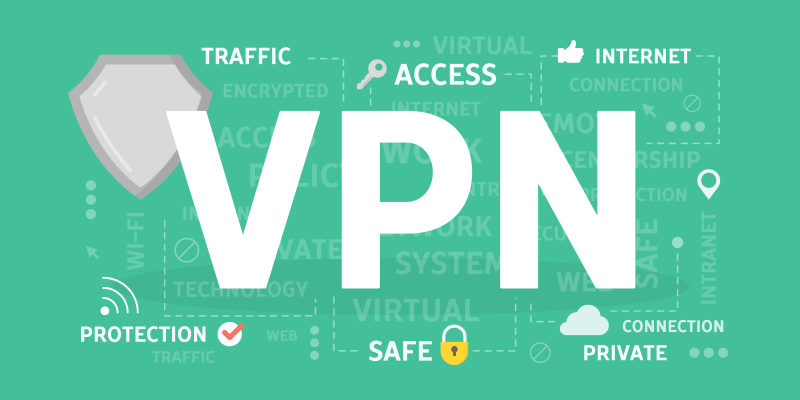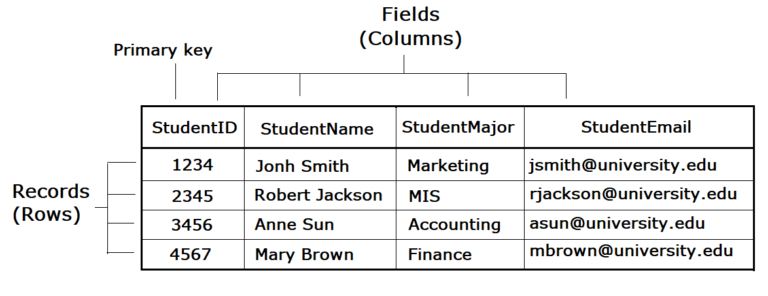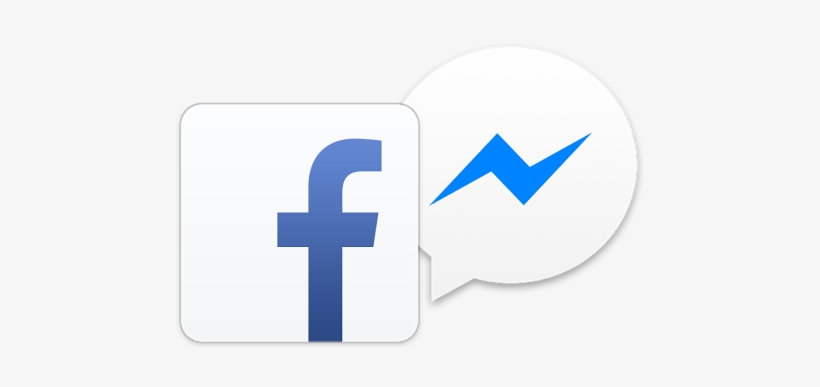In the old days, to install an operating system or create a rescue disk, we had no choice but to burn the entire system to a CD or DVD. Although we have nothing against CD/DVD, the method is clumsy, time consuming and not easy to use, while most manufacturers are well on their way to burying the CD/DVD burner.
Fortunately, we have USB flash drives to our rescue. They are easier to carry and comfortable to use. Also, we can reuse a USB flash drive unlike CDs or DVDs and after using it we can format the drive and store something else on it. But to use a bootable USB we would need bootable software .
List Of The Best And Fast Bootable USB Software
Here are the top 7 usb boot software for Windows and Mac :
01. Rufus (Windows)
When it comes to creating a bootable USB drive in Windows, Rufus is hands down the best out there. It's free, open source, and easy to use.
In addition to creating a bootable USB for different types of operating systems, we can also use it to flash BIOS, firmware, and run low-level utilities. Also, compared to other boot software, it is the fastest to create a bootable USB drive.
While creating a Windows bootable drive, you will notice that this software offers you different advanced options like partition scheme file system creation and cluster size.
These options are going to be very beneficial when creating BIOS firmware or other low-level devices. Rufus also allows you to check the USB drive for any bad blocks and all you have to do is select the checkbox and go to “check device for bad blocks” in the format option. The software may take some time depending on the size of the drive, the number of passes, and the speed of the USB drive.
Rufus is good for people who are looking for a free and fast bootable USB creator. The best thing about this software is that it does not require an installation and can be run directly from a portable exe file.
02. Windows USB/DVD Tool (Windows)
If you are a Windows user and need a bootable USB drive for Windows, then this is the official tool for you. As its name suggests, this software allows you to create both bootable USB drives and DVD drives.
The specialty of this tool is its ease of use, all you have to do is insert the USB drive, select the ISO and click on the Next option. After the initial format, the software will create the bootable USB drive in a matter of minutes.
However, it lacks options to customize bootable USB drives. For example, you can't change the file/partition scheme or create an extended tier or check for bad blocks. If you don't mind the lack of advanced options, go for this one.
03. Universal USB Installer (Windows)
The Universal USB Installer, as its name implies, allows you to create any type of bootable USB media. It is easy to operate and can create any type of bootable USB media, be it Linux and Windows, special antivirus rescue drives, penetration testing drives, or other low-level bootable drives.
The interface is very easy to understand. Simply select your operating system from the dropdown menu, select the ISO file, and hit install. In addition, the software will take care of all the processes of creating directories, boot partition, and more.
Another useful feature of this software is that it allows you to create USB bootable media with persistent storage. You can select the amount of persistence storage while creating the bootable USB drive, but this feature is only available for select Linux distributions.
04. RMPrepUSB (Windows)
If you want a highly customizable and feature-rich bootable USB creator , RMPrepUSB is the one for you. It allows you to create almost any type of bootable media. There is an option to test, partition, support for multiple image formats, quick format, custom boot loader, file system and QEMU emulator.
With this software, you can quickly boot to a bootable USB drive using QEMU Emulator directly on your Windows machine without rebooting. This is useful when we want to check if the bootable USB has been created correctly.
Along with that, you can install various boot loaders like grub4dos, syslinux, bootmbr, WEE and more. As good as the tool sounds, it is not that easy to use. It has a steep learning curve and is intended for advanced users. But the good news is that the official website offers a ton of detailed and helpful guides for your assistance.
05. Etcher (Windows/Mac)
Etcher is the new kid on the block and is the easiest to use on this list. The main idea behind the construction of this software is to remove the complexity of selecting multiple options and settings with different operating systems.
It only takes a few clicks to turn our USB flash drive or SD card into a bootable drive. It works on Windows, on Linux-based operating systems, and even on MacOS.
Etcher is also available with a Pro variant which is aimed at companies where more than 100 drives need to be flashed simultaneously. The app is open source and you can head over to the GitHub repo for more information. Etcher's future plans include support for persistent storage, allowing the live USB or SD flash drive to be used as a hard drive.
06. YUMI – Multiboot USB Creator (Windows)
YUMI – USB Multiboot Creator is designed by the creator of Universal USB Installer. While Universal USB Installer is made to create regular bootable drives, YUMI or Su Universal Multiboot Installer is designed to create multiboot USB drives.
Multiboot USB drives allow you to install multiple operating systems, firmware, antivirus tools, and other utilities on a single drive limited only by its memory. Like the Universal USB Installer, YUMI can create persistent storage to back up necessary files between reboots.
07. WinSetUpFromUSB(Windows)
WinSetUpFromUSB is another Windows-based bootable media creator. The tool is specially designed to create a bootable Windows drive, but there is also an option to create bootable Linux distributions using SysLinux or IsoLinux. It is capable of creating bootable media for WinBuilder, WinPE, BartPE, UBCD4Win, etc.
Although the user interface is simple, you can access the advanced options under the “Advanced Options” checkbox. Additionally, you can also try bootable media on QEMU emulator along with other useful tools like 7-Zip, RMPrepUSB, Bootice and more.
The Best Software to Boot USB
This is the list of the best USB Boot Software with which you can create a bootable USB drive. If this concept is new to you, Etcher seems to be a good option. On the other hand, if you only work with Windows, you can opt for the Rufus or Windows USB/DVD tool.
For everything else, YUMI or Universal USB Installer is a good option. If you think there is a better bootable USB software , share your thoughts in the comment section.
The above content published at Collaborative Research Group is for informational purposes only and has been developed by referring to reliable sources and recommendations from experts. We do not have any contact with official entities nor do we intend to replace the information that they emit.
Cultural journalist with great interest in education and technological innovation in the classroom. The future passes through technology and it is already here. .
Leave a reply
Your email address will not be published. Required fields are marked *Recent post

What is a VPN, How does it work, VPN meaning and more explained

Want to Clone WhatsApp? App Cloner for WhatsApp allows you to do so

Does Instagram Notify When You Screenshot a Post of Someone?

